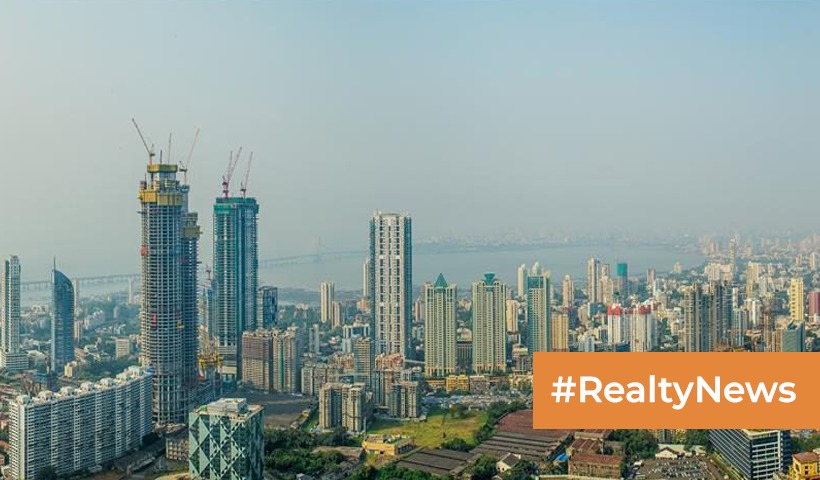The Lodha Group’s innovative strategy for using real estate to advance sustainability!
At a time when the world is struggling with climate change and the environment, the real estate industry is playing a big role in the global effort to promote sustainability. Developers are taking responsibility for their projects by including energy efficiency, energy conservation, green materials, smart cities, and social considerations. One of the biggest examples of this is the Palava Township project, which was built by the well-known Lodha Group.
The Lodha Group CEO has said that sustainability is a top priority for India and the world, and that the real estate industry can play a big role in transforming the country and reducing carbon emissions. He believes that this transition can be done without hurting the economy or productivity, and that top tech experts and other people can help make it happen.
We think the real estate industry in India should and can be at the forefront of the energy and carbon transition in the country. With the help of top tech and other experts, we think this transition can happen without impacting the profitability or economics of the sector, he said.
The Lodha Group has made it a priority to reach net-zero carbon by 2035, but they hope to reach carbon neutrality for their business much earlier than that. As a firm, they’re committed to net zero by 2035, and they hope to get there even sooner. Amory Lovins from the Rocky Mountain Institute said that there’s a huge potential to make buildings more energy efficient and that every part of the design and construction process can be improved to make it much more energy efficient.
The Lodha Group isn’t just talking about sustainability – they’re doing it. They’ve set up a net-zero city accelerator in Palava township to help cut down on carbon emissions and promote sustainable practices.
Disclaimer: The views expressed above are for informational purposes only based on industry reports and related news stories. PropertyPistol does not guarantee the accuracy, completeness, or reliability of the information and shall not be held responsible for any action taken based on the published information.




